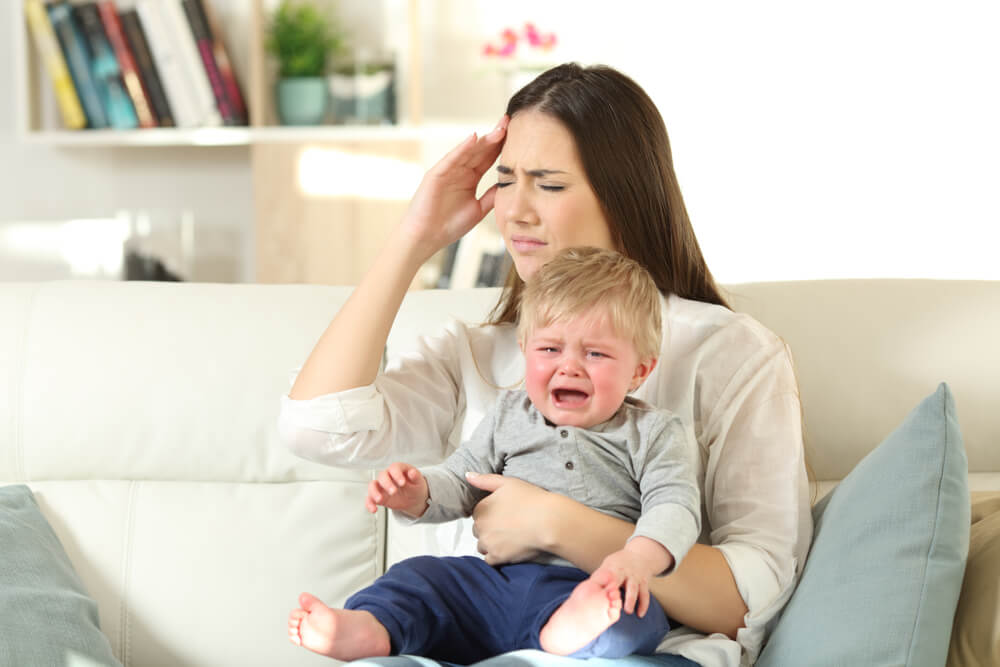Post-adoption depression is a common response, but changes resulting from adoption do not occur in all cases. New experiences and unfamiliarity with some of the adopted child’s needs can overwhelm adoptive parents and produce this emotional response.
It is a challenge that is not free of physical and emotional burdens, some people in this situation will need help. The arrival of a new child at home can arouse feelings of joy, happiness or euphoria, this is true for biological and adoptive children.
- For some parents.
- Predominant emotions may be considered to have a negative value.
- Such as sadness or frustration.
- Emotions that.
- On the other hand.
- Are also recorded in many biological parents after the birth of the child.
Unlike post-teen depression, postpartum depression is recognized as a possibility after a hassle-free pregnancy, in this sense, in recent years we have come a long way, since in many contexts and family groups there is an open discussion on the subject and is considered from a medical point of view.
Between 50 and 80% of mothers who give birth may suffer from mild postpartum depression, 10% of these mothers can suffer from this disorder severely, the cause appears to be hormonal changes.
However, post-adoption depression does not have the same social understanding, as it is somehow considered more “illogical”. This type of depression is not so widely accepted or understood.
This goes against statistics. The few surveys to date show that there is a high percentage of parents with this problem.
Feelings of connection and attachment to the adopted child usually appear between the second and sixth months of adoption, adoptive mothers, when they are at this stage, generally do not ask for help: they fear that someone may think that they are not prepared dissatisfied.
Thus, many of these mothers for the first time are afraid to talk to anyone, especially psychologists and social workers, about these difficulties of adapting to the new life.
They believe that if they express their problems, people will doubt their ability to take responsibility for an adopted child, so the situation, already quite complex, can become even more complicated.
For example, we believe that, in general, the help that biological parents usually receive from those around them after childbirth has nothing to do with the help adoptive parents receive.
Parents of foster parents may not understand why the mother is not completely happy now that she finally has what she has wanted for so long.
These parents suffer in silence and die of shame and guilt for fear of disappointing their families, in fact, they are the ones who often ask themselves the same questions as their loved ones, without finding an answer.
Why is there such a high percentage of parents suffering from this type of depression?Most foster parents spend years trying to adopt a child. Your long-standing hopes, dreams and desires can lead to unrealistic expectations of what it’s really like. A father.
New parents may feel guilty about their ambivalent emotions. On the one hand, they love their new child, but on the other hand, they may feel upset or angry with that child if it doesn’t meet their expectations.
Believing in an instant connection to this new being, or loving at first sight, is unrealistic. Falling in love with an adopted child is like falling in love with a loving couple. Initial passion and euphoria are quickly replaced by slow and difficult ones. process of adapting to the daily presence of another human being.
It’s not always easy to adapt to the changes inherent in adopting a child, however, some guidelines can be helpful. Are:
As already mentioned, postadoption depression is a mood disorder that, in many cases, feeds on a lack of understanding (both in the environment and in people with it).
Foster parents may fear that their new child will not live up to the expectations they have created, which can make them sad and deeply discouraged.
If you’re in this situation, the best thing you can do is seek help from a specialist, don’t be afraid to talk about it. Health professionals will understand your case and can help you in any way possible.

